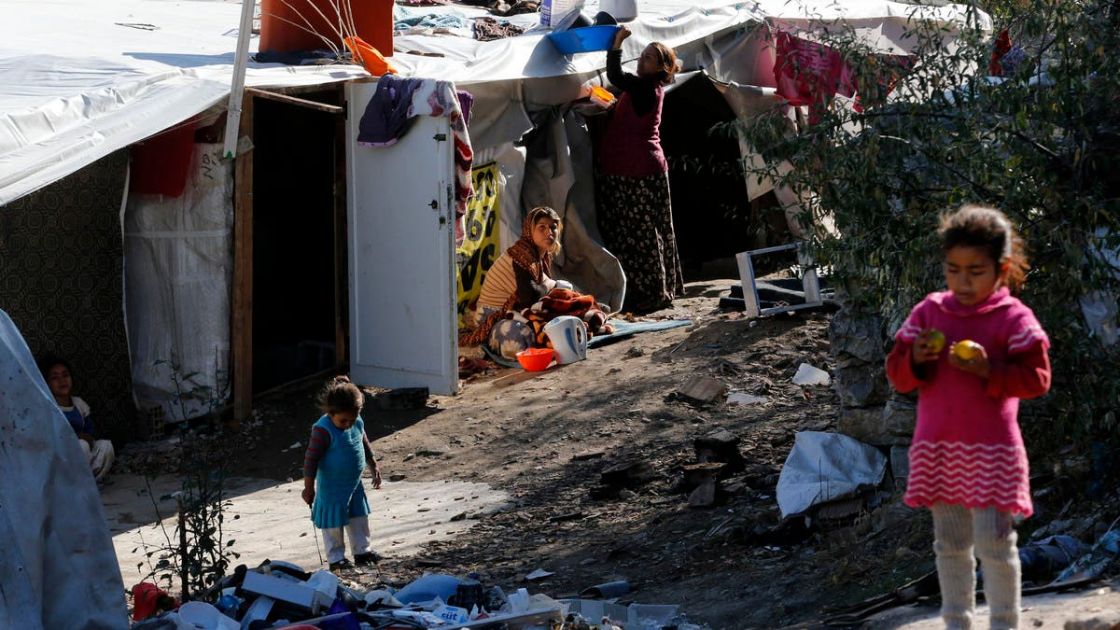- Editorials
- Posted
Astana and Sochi, Now What?
Four years have passed since the Astana track started, and three years since Sochi, and the two tracks have played a crucial role that can be summarized in the following main points:
First: The two tracks, particularly after the dead end the Geneva track kept on hitting for several years, were able to prevent the political process from being buried as the West had sought, and as the extremist Syrian sides wanted.
Second: The Astana track enabled the containment of the battlefields and the violence in the country, which used to be responsible for many years for the killing of tens and sometimes hundreds of Syrians daily, leading to the end of large-scale military operations nearly a year ago.
Third: The Sochi track partially dealt with one aspect of the comprehensive political process, that is, the one relating to the constitution. It paved the way for the formation of the Constitutional Committee, which has not produced anything yet, and will not be able to accomplish anything if it continues to work within the same coordinates.
In short, the Astana and Sochi tracks played their historical role in keeping the political process alive, preventing its killing, laying the foundations, especially on the ground, to enter into a comprehensive political solution in accordance with UNSC Resolution 2254. This role has reached its limits, whether we are talking about either Astana or Sochi.
The meaning of this role reaching its historical limit, means that it has achieved the most that it can achieve within the current coordinates in which it is working, and it can no longer achieve anything additional without major qualitative shifts, the essence of which is the transition towards the comprehensive implementation of a political solution.
The failure to achieve a qualitative breakthrough towards a comprehensive solution does not only mean the continuation of the “stalemate” state, but rather opens the door to reversing the positive results achieved through Astana and Sochi, puts everything that has been accomplished in definite danger, and opens the door again to achieve what the West wanted in Syria from the outset.
This is evident from the accelerating decline in the conditions of Syrians at all levels, along with the interdependence and cooperation among the plundering liberal politics, warlord, major corruption figures, and Western sanctions. It is also evident from the continued state of de facto partition that has lasted too long, and has begun to perpetuate a mental, cultural, and economic separation among the people of the same country.
All this places on patriotic Syrian on all sides the responsibility and task of reaching among themselves, as soon as possible, agreements that will be the basis to proceed with the implementation of UNSC Resolution 2254, regardless of the will and desires of the extremists on all sides, and regardless of the ripeness of international understandings on the format of implementation of 2254, When those understandings will ripen is something that is difficult to predict, and that is something that Syrians cannot wait for; because the continuation of the crisis affects the essence of their existence.
The required agreements should be made on the basis that everyone makes concessions, not in each other’s interests, but rather concessions that are all in the interest of the Syrian people. If the Syrian patriotic forces are able to reach such agreements, and in light of the current international situation, they could impose their agreements on everyone.
In the end, Astana and Sochi played the role of saving Geneva and behind it 2254, but it is no longer possible to salvage the resolution and save Syria itself without major steps forward by the patriotic Syrian sides in the first place, and the Astana sides in the second place.


